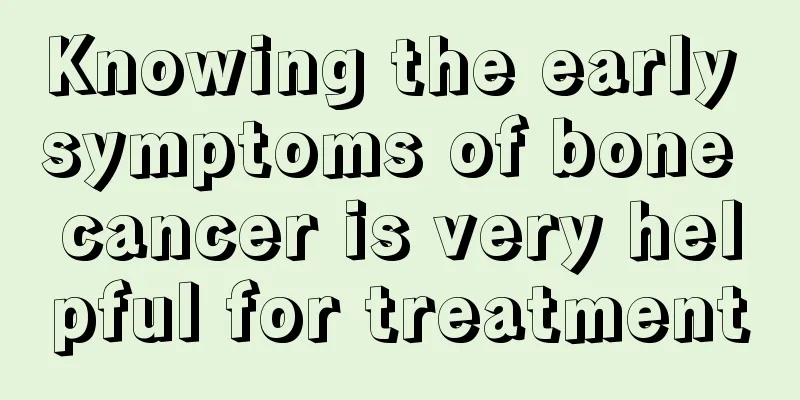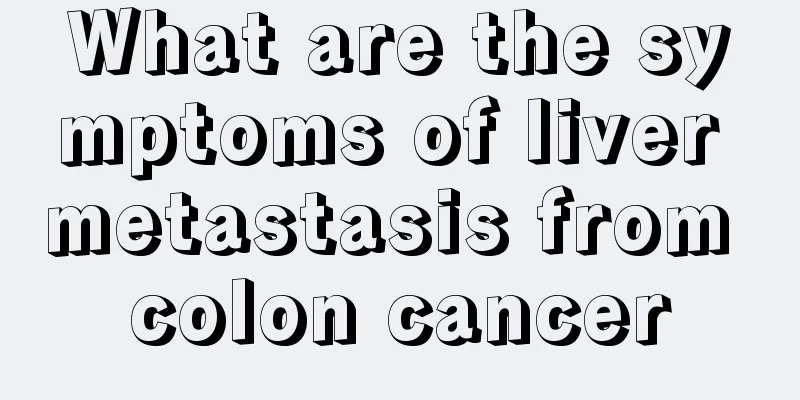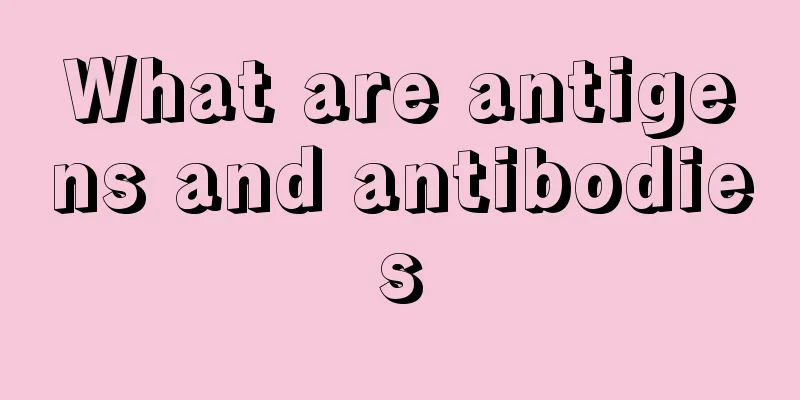What causes hiccups, chest tightness and shortness of breath?

|
Modern people are under great work pressure and their pace of life is also very fast. Some people often work overtime and stay up late, and have irregular living habits, while male friends have bad habits of smoking and drinking. Irregular diet leads to overeating and failure to eat three meals a day on time, which can easily cause some diseases and physical discomfort over time. Some people will have problems with hiccups, chest tightness and shortness of breath, but they can't find the cause, so they don't know how to treat it. Therefore, we need to understand what causes hiccups, chest tightness and shortness of breath? 1. Active myocarditis: There may be symptoms such as palpitations, panic, tachycardia, arrhythmia, chest tightness and shortness of breath, which should be checked and excluded. 2. Hypoglycemia: The most common is idiopathic functional hypoglycemia, which is more common in middle-aged women. It is characterized by no clear cause of the disease. Fasting blood sugar is usually normal. It generally does not cause hypoglycemia when fasting, but the attack time is often 2 to 4 hours after a meal (11 am or 3 pm). The symptoms are mild and rarely cause loss of consciousness. The early symptoms of hypoglycemia are palpitations, fatigue, hunger, hand tremors, cold sweats, pale complexion, cold limbs, or nausea and vomiting; mainly caused by overexcitement of the sympathetic nerves and excessive adrenaline: Hypoglycemia is paroxysmal, not frequent, and rarely causes chest tightness and shortness of breath. 3. Anemia: Anemia can cause dizziness, palpitations, tachycardia and other symptoms, but generally does not cause chest tightness. 4. Low blood pressure: It also mainly causes dizziness, but blood pressure around 60/90 generally does not cause changes in blood supply. 5. Cardiovascular dysfunction: It is very common in clinical practice. The symptoms are: patients feel chest tightness, shortness of breath, subjective feeling of insufficient air, difficulty breathing, often sighing, feeling comfortable after deep breathing or long exhalation; sometimes accompanied by palpitations, tachycardia, stabbing pain in the precordial area, as well as fatigue, dizziness, confusion, insomnia and other neurological symptoms. Symptoms are often induced or aggravated by mental factors. It may also be accompanied by chronic pharyngitis, such as foreign body sensation in the throat. Patients often feel obvious symptoms, but no organic lesions are found in electrocardiograms, cardiac B-ultrasound, chest X-ray examinations, etc. Hiccups, chest tightness and shortness of breath are related to many problems. Mental stress, irregular lifestyle, anemia and low blood pressure can easily cause hiccups, chest tightness and shortness of breath. Therefore, we need to pay more attention to it in our daily life. If the symptoms are serious, we must seek medical treatment in time, do not delay the disease, and avoid the occurrence of other diseases. Because hiccups, chest tightness and shortness of breath can easily cause other diseases. |
<<: How to treat cough after upper respiratory tract infection?
>>: What should I do if my child coughs up yellow phlegm?
Recommend
Will you wake up the next day if you drink too much?
Wine culture has become the most common culture a...
Liver cancer symptoms
Over 30 years old, a lump can be felt in the righ...
How to take care of a pituitary tumor
Many friends usually have no symptoms, but when t...
How to remove scale from tiles
In fact, some cleaning and sanitation work in var...
What are the dietary precautions for advanced colon cancer
Generally speaking, patients with advanced colon ...
During cardiopulmonary resuscitation, the sternum should drop at least
The heart is one of the important organs of the h...
Is it easy to detect cervical cancer in its early stages? Is the cure rate for cervical cancer in its early stages high?
Cervical cancer is the third most common malignan...
Is pacemaker surgery risky?
Pacemakers can not only be used to treat serious ...
What to do if you are allergic to underwear
Girls need to wear underwear. For girls, underwea...
What is the reason for a bitter mouth when waking up
Some people will find a bitter taste in their mou...
Be careful! 4 “impatient” traits in the body are signs of disease
The fast-paced life seems to have made our bodies...
Frequent urination and incomplete urination
Everyone must have experienced frequent urination...
Is frequent urination and urgency a symptom of cervical cancer? What measures should be taken to prevent cervical cancer?
Cervical cancer is a common gynecological disease...
How to determine whether yeast is ineffective
If yeast loses its activity, it is useless. Howev...
Three special therapies of TCM for treating lung cancer
Lung cancer is a highly prevalent malignant tumor...









